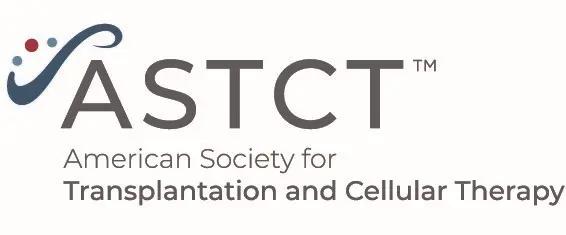Outcomes of Allogeneic Hematopoietic Cell Transplantation After Bispecific Antibodies in non-Hodgkin Lymphomas
Overall, the findings highlight the potential of bispecific antibodies as salvage therapy post anti-CD19 CAR T cell treatment and challenges associated with allogeneic hematopoietic cell transplantation consolidation after bispecific antibodies therapy in patients with relapsed/refractory B-cell lymphomas .
Overall, the findings highlight the potential of bispecific antibodies as salvage therapy post anti-CD19 CAR T cell treatment and challenges associated with allogeneic hematopoietic cell transplantation consolidation after bispecific antibodies therapy in patients with relapsed/refractory B-cell lymphomas .

In a recent correspondence letter published in the journal Bone Marrow Transplant, researchers performed a monocentric, retrospective clinical study including adults ( ≥18 years old) who received alloHCT as consolidation following last-line with an anti-CD20-CD3 bispecific antibodies (BsAb) therapy for relapsed/refractory (r/r) B-cell lymphomas (BCL). Overall, the findings highlight the potential of BsAb as salvage therapy post anti-CD19 CAR T-cell treatment and challenges associated with alloHCT consolidation after BsAb therapy in patients with r/r BCL.
Current drugs such as glofitamab, mosunetuzumab, epcoritamab, and odronextamab show promise in r/r BCL, especially for patients who experienced treatment failure after anti-CD19 CAR T-cell therapy. While allogeneic hematopoietic cell transplant (alloHCT) is a curative option, its efficacy is limited by non-relapse mortality. This retrospective clinical analysis study examined adult patients who received alloHCT after BsAb therapy for r/r BCL, aiming to understand the safety and outcomes of this approach.
This study looked at 41 patients treated with anti-CD20-CD3 BsAb, of which eight underwent alloHCT consolidation. The patients considered high-risk received alloHCT after withdrawing from clinical trials. The median age was 58 years, and the median time from BsAb to alloHCT was 41 days. The 2-year overall survival was 25%, with observed complications including graft-versus-host disease, infections, and rare infectious episodes. In conclusion, this study the potential of BsAb as salvage therapy post anti-CD19 CAR T-cell treatment and explores the challenges and outcomes associated with alloHCT consolidation after BsAb therapy in patients with relapsed/refractory B-cell lymphomas. The complexities of managing infections and the need for a better understanding of the long-term effects of BsAb on T-cell function are also highlighted. Moreover, the study raises questions about the optimal use of alloHCT in patients responding to BsAb, emphasizing the need for further research in this evolving therapeutic landscape.
Reference
Peña, M., Montané, C., Paviglianiti, A. et al. Outcomes of allogeneic hematopoietic cell transplantation after bispecific antibodies in non-Hodgkin lymphomas. Bone Marrow Transplant (2023).
https://doi.org/10.1038/s41409-023-02069-2